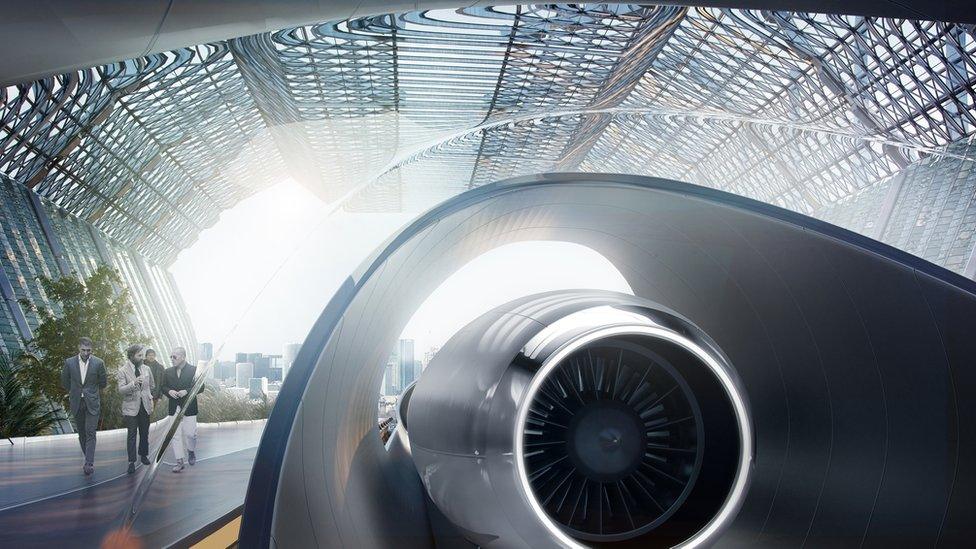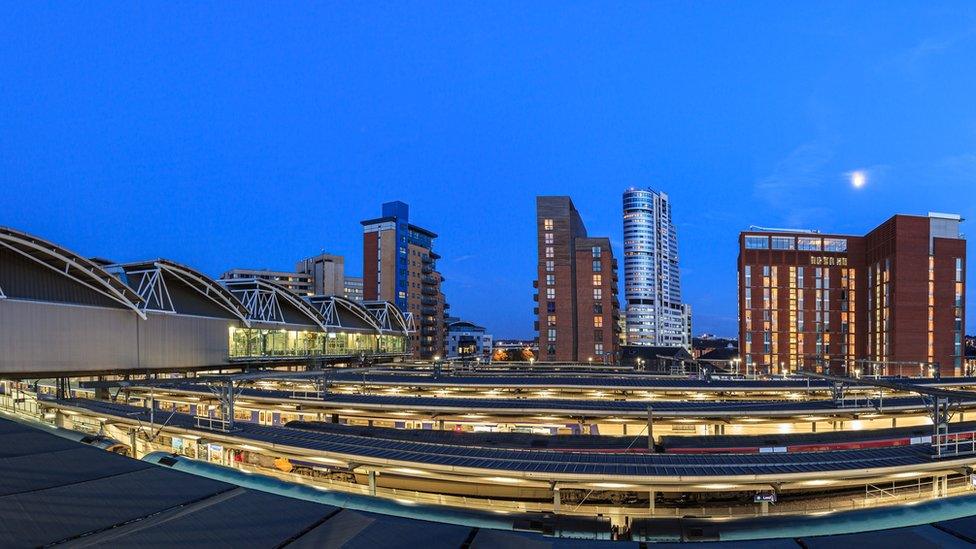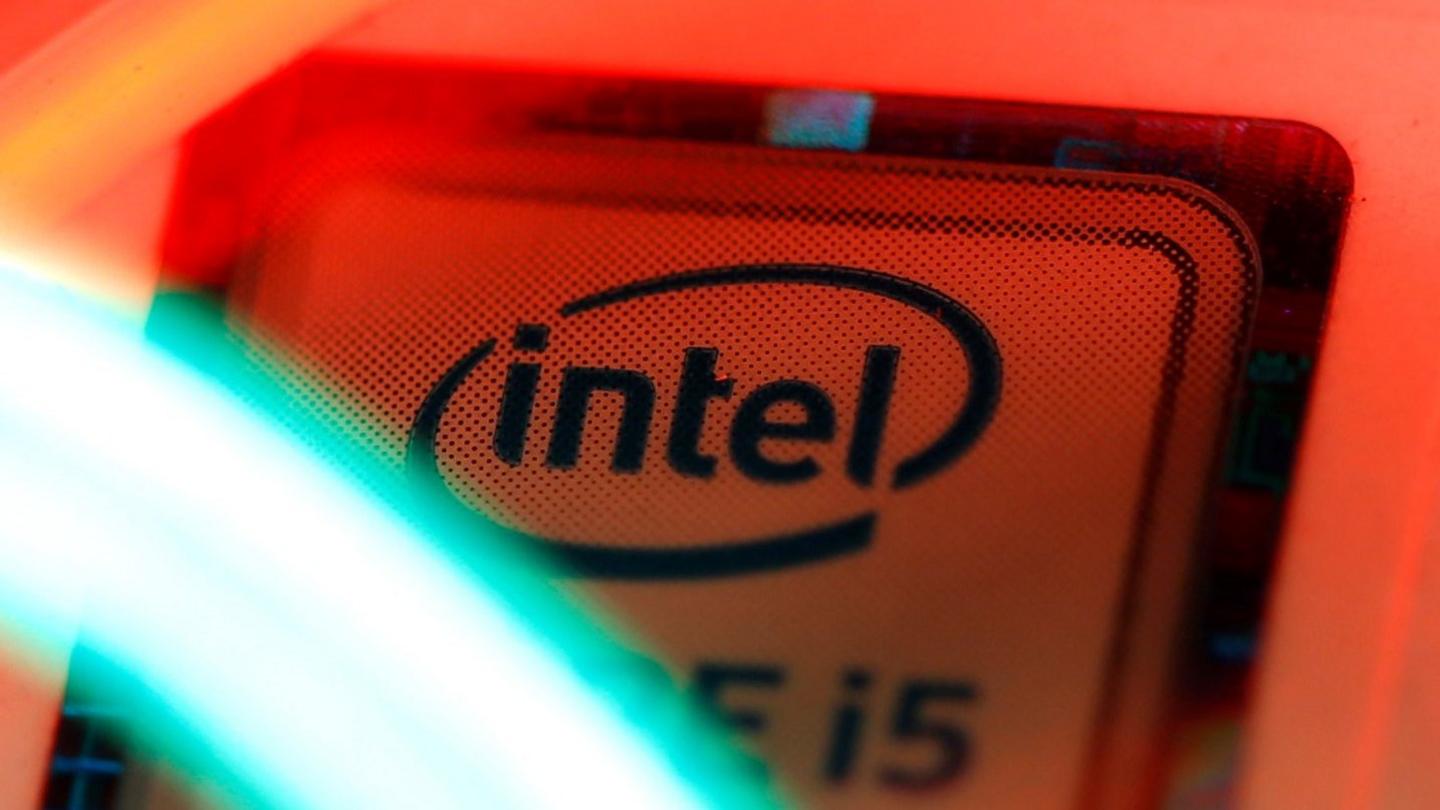Tech Tent: the hype around Hyperloop
- Published

Does the technology behind the much-vaunted new transport system Hyperloop really stand up to scrutiny?
On this week's Tech Tent we hear from a sceptical railway engineer who doubts whether the system is technically or commercially feasible.
We also find out what one of the world's most influential cybersecurity bloggers thinks about the bug in millions of computer chips - and we ask whether virtual reality will take off in the classroom.


Stream or download, external the latest Tech Tent podcast
Listen live every Friday at 15.00 GMT on the BBC World Service

Hyperloop's technology in question
Anything that Elon Musk says is taken very seriously given his track record in defying sceptics who thought he would never build a sporty electric car or a reusable rocket. So when he floated the idea of the Hyperloop, a high speed transport system in a vacuum tube, various companies leapt into action.
In Davos this week, a company called Hyperloop Transportation Technologies promised that it would be announcing its first commercial track this year. But the project which seems to have got furthest is Virgin Hyperloop One, which has built a 500m test track in Nevada.
When I wrote about my visit to that operation last weekend, it sparked a lively debate on Twitter between those who thought I was too negative about the Hyperloop - and some engineers who were deeply sceptical about the technology.

Sceptics say Hyperloop could not cope with the logistical challenges faced by railways
On Tech Tent we hear from Virgin Hyperloop's Anita Sengupta who tells us that everything is on track for the first commercial operation in 2021 - and from Gareth Dennis, a railway engineer.
"The fundamental laws of physics are the same for Hyperloop as for high-speed rail," says Mr Dennis, a design engineer working for the Arcadis consultancy.
He explains that the faster a train goes, the shallower any curve in the track has to be.
"For high-speed rail, the curves have to be 10km long, and that's only at 200mph to 250mph. Hyperloop's going to be hurtling along at 700mph so the track will almost have to be dead straight."
He believes that means that in countries with plenty of built-up areas this will mean putting the Hyperloop in tunnels, a prohibitively expensive business. He also has concerns about the process of switching pods between different tunnels as they approach a station.
But his biggest doubt is about the capacity of any Hyperloop line in comparison with something like the UK's HS2 high-speed rail project: "They are going to have to have as many as 400 pods departing every hour, which requires a huge amount of infrastructure.
"I just don't think that is going to be economically or environmentally viable in the near future."
Hyperloop's backers say the engineering challenges are different from those on high-speed rail and cannot be compared.
They believe that big ideas need bold thinkers - but finding governments and investors with the courage to push the button on this kind of project could prove the ultimate challenge.
Whatever happened to the chip meltdown?
The year began with a major cybersecurity alert over two design flaws in chips which could potentially allow hackers to gain access to millions of devices. Since then, the attempt to mitigate against the risks of Meltdown and Spectre has gathered pace.
It has not gone entirely smoothly - this week Intel advised customers to remove a couple of patches after they caused computers to reboot without warning.

Spectre and Meltdown were researched for months before information was made public
The Australian cybersecurity blogger Troy Hunt tells us that these are very serious threats.
"The worst thing is they are so pervasive, across so many devices," he says.
He says the impressive thing about this threat is that it is very sophisticated - which is one reason why a vulnerability in chips dating back many years has only just been discovered.
"It's a bit of a reminder that computing and software is complex - there are things that can go wrong that we may never have thought of before."
But he adds that the comfort for ordinary computer users is that so far, there is no evidence that Meltdown or Spectre has been exploited by hackers.
When the news of the flaws first emerged, one US agency advised that the only real answer was to replace all your hardware.
And there is the dilemma for the cybersecurity industry - too many bloodcurdling warnings about threats which then fail to materialise may make people tune out when something really dangerous comes along.
VR in the classroom
Whatever happened to Virtual Reality? A couple of years ago, it was the hottest new technology trend but lately enthusiasm seems to have been dampened by the high price of headsets and some doubts about whether VR really does have uses beyond gaming.

One place it is still being heavily touted is in education and at the BETT educational tech fair in London this week, VR was much in evidence.
Rich Henderson from Lenovo, which has produced a new relatively cheap standalone headset, told us that according to Lenovo's research, 23% of teachers have tried VR in the classroom, and 97% of those who had, said it improved engagement.
Jennifer Holland, programme manager for Daydream at Google, says VR experiences which take pupils to Mars or the Great Barrier Reef provoke "excitement and wonder".
She says children are also proving eager to take these new learning experiences home with them, continuing education outside the classroom.
Sceptics would point out that schools have often found that new technology - from language laboratories to tablets - fails to deliver results after the initial enthusiasm.
Schools may need to see more evidence that virtual reality delivers long-term benefits before splashing out on new kit.
- Published23 January 2018

- Published19 January 2018
- Published23 January 2018
